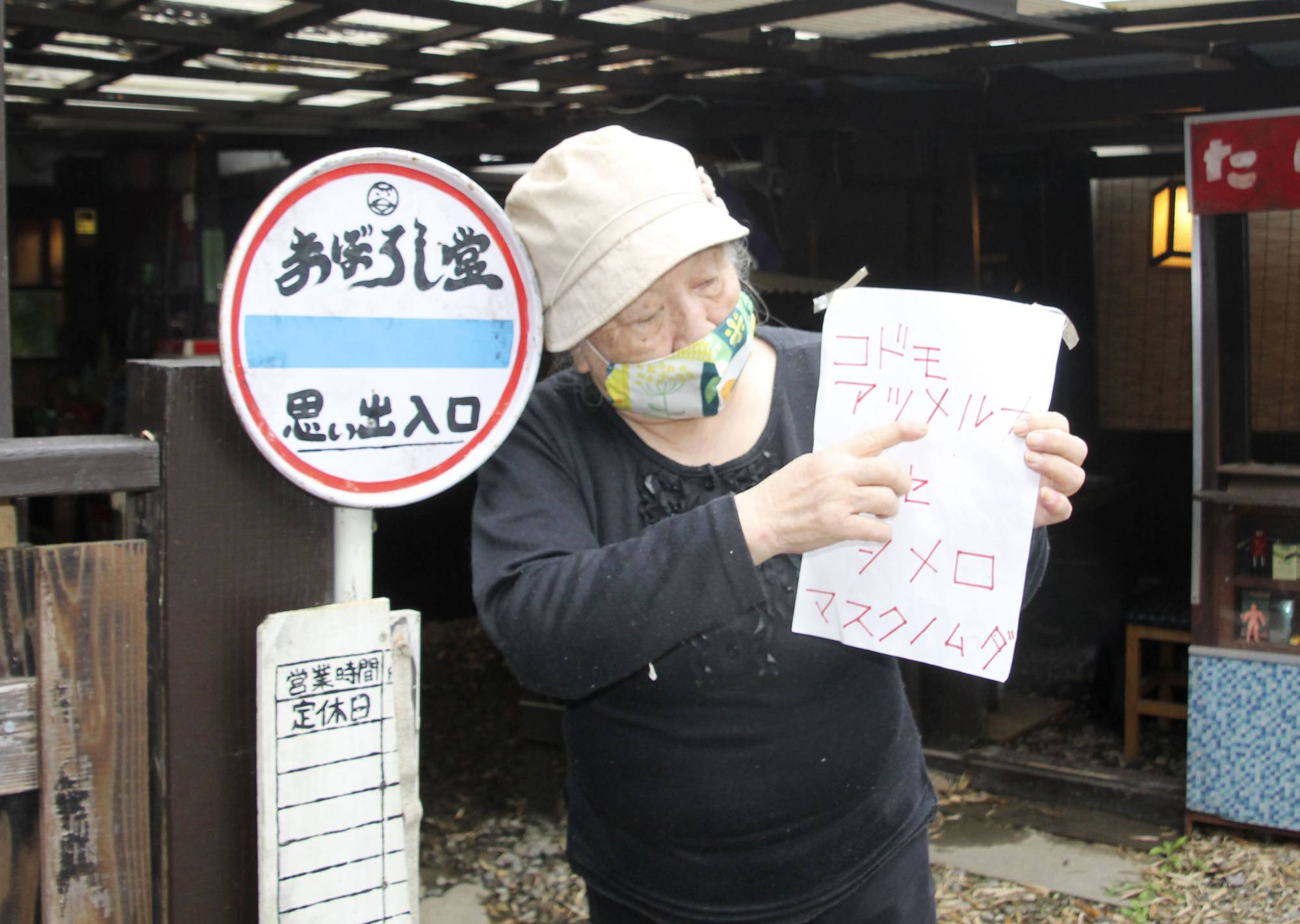When Prime Minister Shinzo Abe lifted the state of emergency for Tokyo and four other prefectures on May 25, formally ending the national state of emergency, he proudly touted how Japan worked to contain the COVID-19 outbreak without resorting to the draconian lockdown measures seen overseas.
"We were able to nearly contain the pandemic through the unique way of Japan," he said.
But critics point out that the government's measures — asking businesses to close and for people to stay home, but without any punishments for those who didn't oblige — took advantage of the peer pressure prevalent in Japanese society. Essentially, if political leaders don't strongly communicate their intentions, it can give the impression that public policing is acceptable.



